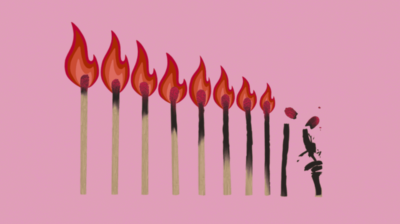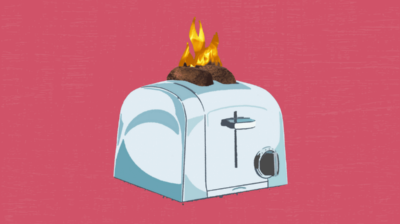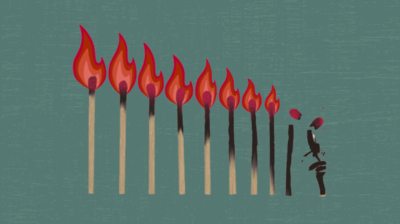8 ways to manage Social Anxiety Disorder
This anxiety disorder gives people a fear of social situations
Written by spunout
Factsheet
Fact checked by experts and reviewed by young people.

Social anxiety disorder, also called social phobia, is an anxiety disorder in which a person has an excessive and unreasonable fear of social situations. Most people feel shy or anxious in certain social environments and this is perfectly normal, but for some people it can be a little more extreme.
How social anxiety can impact on your life
Social anxiety can impact on people in different ways. Some people will find all social situations stressful while for others the fear only kicks in when they have to do something in public. This leads them to avoid situations such as public speaking, or going on nights out where they may be in social situations.
Social anxiety can have a big impact on sufferers lives as they spend their life worrying about events coming up and how they can avoid them.
When in social situations the person can experience many uncomfortable physical symptoms of anxiety. These include:
- Difficulty concentrating
- A sense of feeling constantly on edge
- Physical symptoms like headaches, butterflies in your stomach, blushing, sweaty hands, high blood pressure, dizziness, breathing heavily, feeling faint, sweating
If you’re struggling with social anxiety you’re not alone. It is an extremely common problem.
8 Tips for managing social anxiety
There are a number of different things you can do to manage your social anxiety.
1. Join a group of like minded people
Sometimes in a social situation you might feel afraid of meeting new people because you feel that you have nothing in common with them and won’t know what to talk about. Join a sports club or college society to meet people who have similar interests to you, which will make this a little easier.
2. Reassess your thinking
The way we think about things can have an impact on our social anxiety. Many of these thoughts are outside our control and can be negative and unhelpful. In these cases it is important to remember that our thoughts are just thoughts and are not facts.
Social anxiety is a by product of your negative thoughts, these negative thoughts change the way in which you behave. This in turn produces more negative thoughts. And so on… if you want to tackle your shyness and social anxiety you may need to examine your thinking and change your behaviour.
3. Change your behaviour
Many people with social anxiety avoid social situations that they expect to find difficult due to their anxieties. If you are going to change the way you act in social situations, then you need to confront your fears. This may feel uncomfortable at first but the more you practice the easier it will become.
Fight the urge to concentrate on your physical symptoms such as butterflies in your stomach or shortness of breath as it will only make you more anxious.
4. Avoid drinking or taking drugs as a way to cope
You may drink, smoke or take drugs more when you are in social situations to cope with your anxiety. Try to limit the amount of alcohol you drink as it will actually make your anxiety worse. Find out how to cope with social anxiety when you're not drinking here.
5. Cognitive Behavioural Therapy
You may have been referred for psychological help such as Cognitive Behavioural Therapy (CBT). CBT is one of the most effective types of treatment for social anxiety, and works by helping you identify unhelpful and unrealistic beliefs and replace them with more helpful ones.
6. Applied relaxation
Applied relaxation is usually used to treat phobias but is now being used to treat social anxiety disorder. It involves relaxing your muscles in situations that usually cause you anxiety.
7. Deep breathing
Feeling like you can't catch your breath is one of the most common of all panic symptoms. Shallow breathing means that the lowest part of the lungs doesn’t get a full share of oxygen and lead you to feel short of breath and anxious. Find a deep breathing exercise to calm your anxiety here.
8. Understanding your anxiety
Some people find that reading about anxiety can really help them understand it more. For more information visit factsheet on generalised anxiety disorder.






